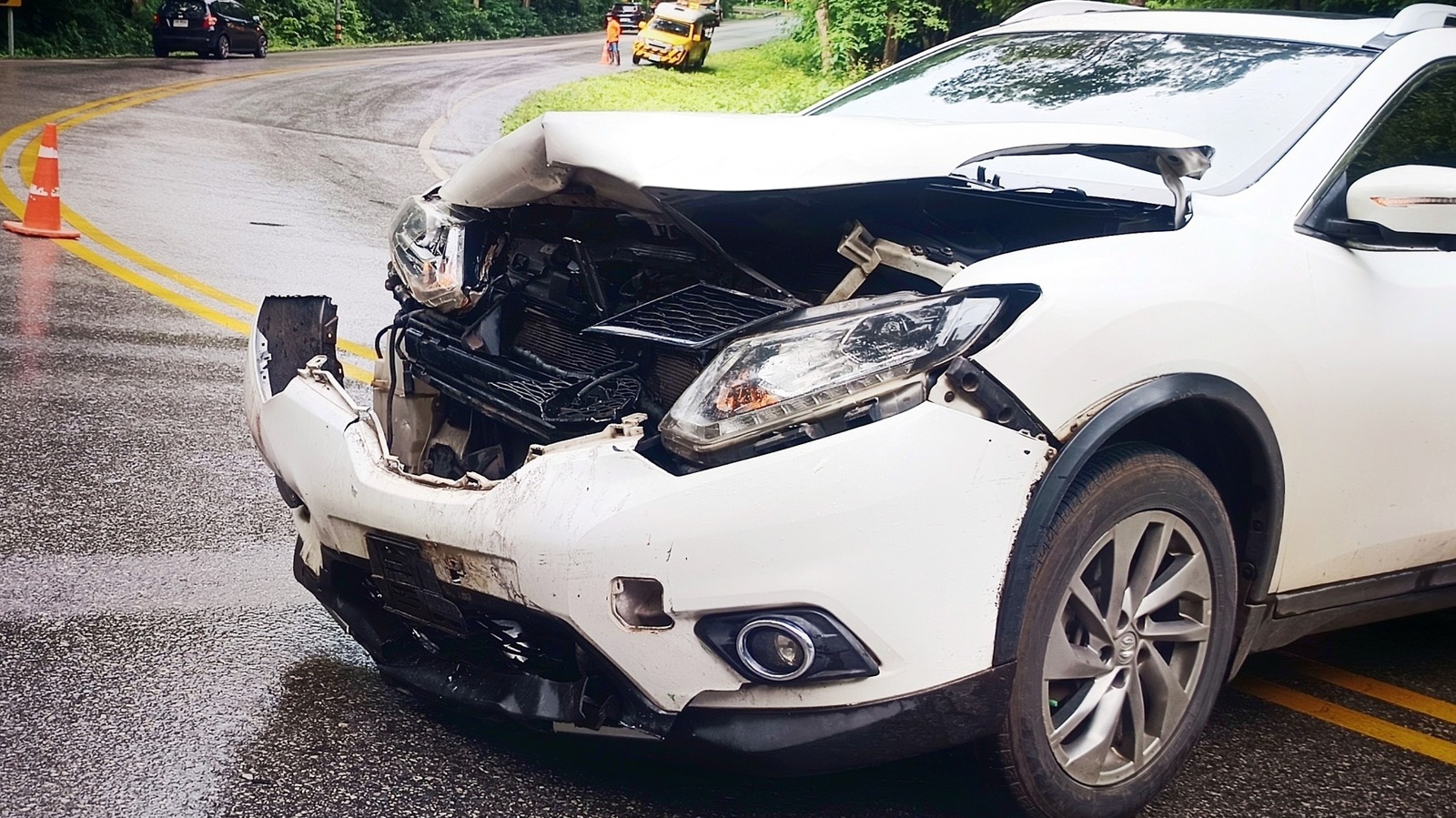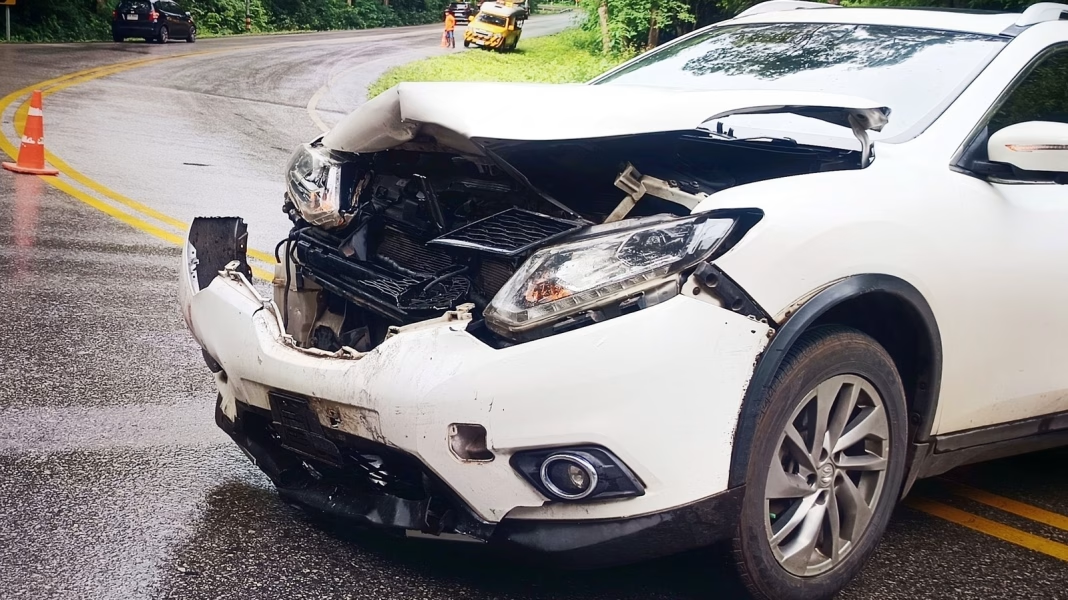What’s the Real Difference Between a Clean, Salvage, and Rebuilt Car Title?
Shopping for a used car can feel like navigating a maze, especially when you stumble across terms like clean, salvage, and rebuilt titles. If you’re scratching your head wondering what these actually mean—and more importantly, how they affect your wallet and peace of mind—you’re not alone. Let’s break down the real-world implications of each type of car title, so you can shop smarter and avoid nasty surprises.
Why Does a Car Title Matter When Buying Used?
Think of a car title as the vehicle’s birth certificate and medical record rolled into one. It tells you not just who owns the car, but also its history—especially any major incidents that might affect its value or safety. Ignoring the title status is like buying a house without checking for water damage. You might get lucky, but the risks are real.
What Exactly Is a Clean Title, and Why Is It Preferred?
A clean title means the car has never suffered major damage, been declared a total loss by an insurance company, or had any legal hiccups like theft or flood damage. In short, it’s the gold standard. You’ll pay more for a car with a clean title, but you’re also getting peace of mind. According to Kelley Blue Book, clean-title vehicles typically retain higher resale value and are easier to insure. For most buyers, this is the sweet spot—no hidden headaches, just straightforward ownership.
How Does a Salvage Title Happen, and What Are the Risks?
A salvage title is a big red flag. It’s issued when a car has been so badly damaged—think major accident, flood, or fire—that the insurance company decides it’s not worth fixing. The threshold varies by state, but it’s usually when repair costs exceed 75% of the car’s value. The car might be drivable, or it might be a total wreck. Either way, it’s been through the wringer.
Here’s the catch: salvage vehicles are often sold at auction for pennies on the dollar, then sometimes patched up and resold. But even if they look fine on the surface, there could be hidden issues lurking underneath. Electrical gremlins, frame damage, or airbag problems can all be tough (and expensive) to fix. Insurance companies may refuse to fully cover salvage-title cars, or only offer liability coverage. And when it’s time to sell? Expect a tough crowd—most buyers steer clear.
What Does a Rebuilt Title Mean, and Should You Consider One?
A rebuilt title is what happens when a salvage car gets a second chance. After being declared a total loss, the vehicle is repaired, inspected by the state, and—if it passes—issued a rebuilt title. This means it’s legally roadworthy again, but its past is still part of the story.
Buying a rebuilt-title car can be a gamble. On one hand, you might score a deal: rebuilt cars often sell for 20-40% less than their clean-title counterparts, according to Edmunds. On the other hand, quality varies wildly. Some rebuilt cars are expertly restored and perfectly safe. Others? Not so much. Always get a thorough inspection from a trusted mechanic before signing anything. And check with your insurance agent—coverage options can be limited or pricier.
Are There Situations Where a Salvage or Rebuilt Title Makes Sense?
Absolutely. If you’re a handy DIYer or a mechanic, a salvage or rebuilt car could be a smart buy—especially for a project or a second vehicle. Some folks use them for parts, or as a budget-friendly way to get wheels for short-term use. Just go in with your eyes open. Know the risks, and never skip the inspection.
What Should You Watch Out For When Checking a Car’s Title?
Don’t just take the seller’s word for it. Ask to see the physical title and match the VIN (vehicle identification number) to the car and any online history reports. Services like Carfax or AutoCheck can reveal past accidents, title changes, and more. If anything looks fishy—like a title that’s been recently “washed” by moving the car between states—walk away.
How Do Title Types Affect Resale Value and Insurance?
Here’s the bottom line: clean-title cars hold their value best and are easiest to insure. Salvage and rebuilt titles can mean big savings upfront, but you’ll pay for it later with lower resale value and higher insurance costs (or even denial of coverage). According to the Insurance Information Institute, some insurers won’t touch salvage or rebuilt cars at all. Others may only offer basic liability.
The big takeaway? Understanding car titles isn’t about perfection—it’s about smarter adjustments. Start with one change this week—maybe checking a title before you buy—and you’ll likely spot the difference by month’s end.


